CCG advocates the development of talent mobility. Committed to study of the globalization of talent, CCG conducts major research projects, organizes events, publishes books and research reports in the fields of international talent, international migration, overseas Chinese, and the situation of talent studying abroad and returning to China.
Impact on Policymaking Based on solid empirical research results, CCG proposes a series of policy recommendations to improve China's talent development and immigration system, and plays an active role in promoting major policies, such as the establishment of the National Immigration Administration.
CCG has published a series of Blue Books such as the Blue Book of Global Talent: Annual Report on the Development of Chinese Students Studying Abroad, Blue Book of Global Talent: Annual Report on Chinese International Migration, Blue Book of Regional Talent: Report on China’s Regional International Talent Competitiveness, and the IOM World Migration Report, as well as a series of English books with Springer, including China’s Domestic and International Migration Development, filling the gap in the field of international talent research in China.
CCG has established brand forums such as the China Talent 50 Forum and the Global Education 50 People Forum, and has hosted the China Overseas Returnees Innovation and Entrepreneurship Forum for many years.
CCG's initiative of establishing the Alliance of Global Talent Organizations is supported by relevant national ministries and the Beijing municipal government. CCG’s proposal was selected to participate in the first Paris Peace Forum and CCG held an event on the Alliance of Global Talent Organizations titled “Brain Drain: Making Better Use of the World’s Talent” at the second Paris Peace Forum.
-
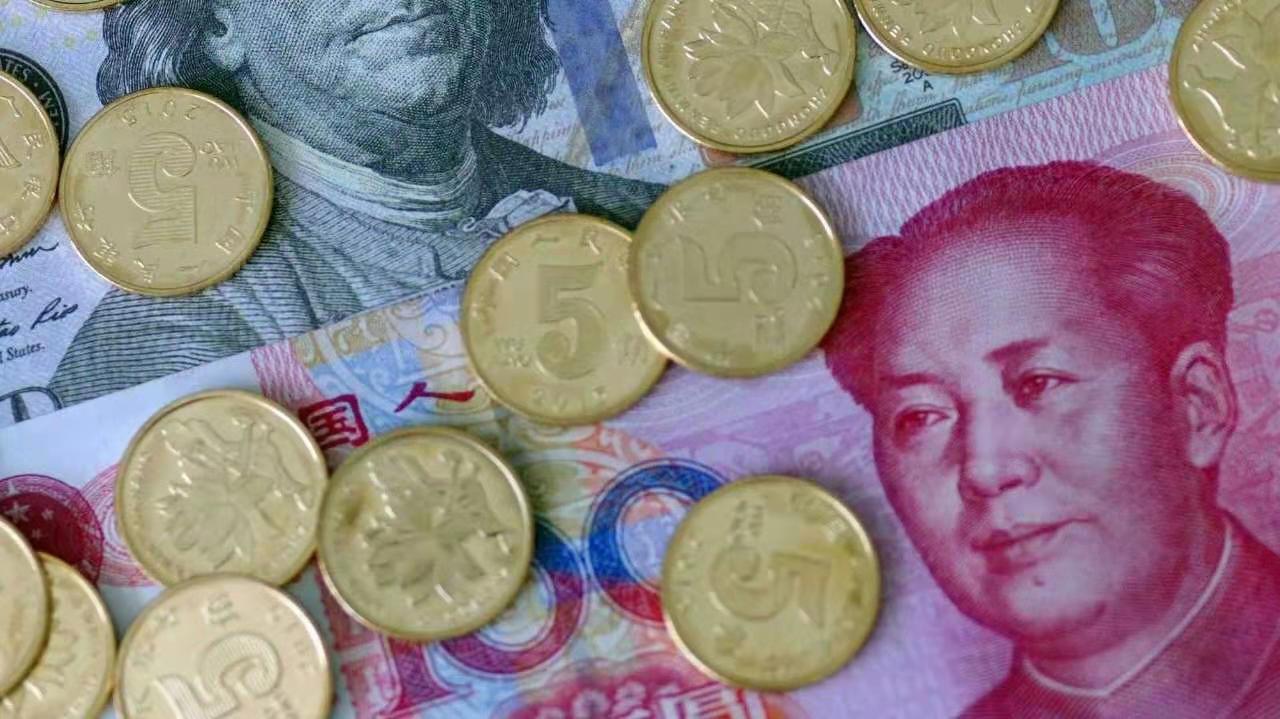
Zamir Ahmed Awan: Currency swap deals good for developing countries
The global trade is dependent on US dollar and whenever the US wants to punish any country, it easily imposes sanctions and freezes its accounts. An overall vulnerability has long been felt, but no country was able to challenge the dollar as an internationally acceptable currency for global trade.
November 27 , 2018 -
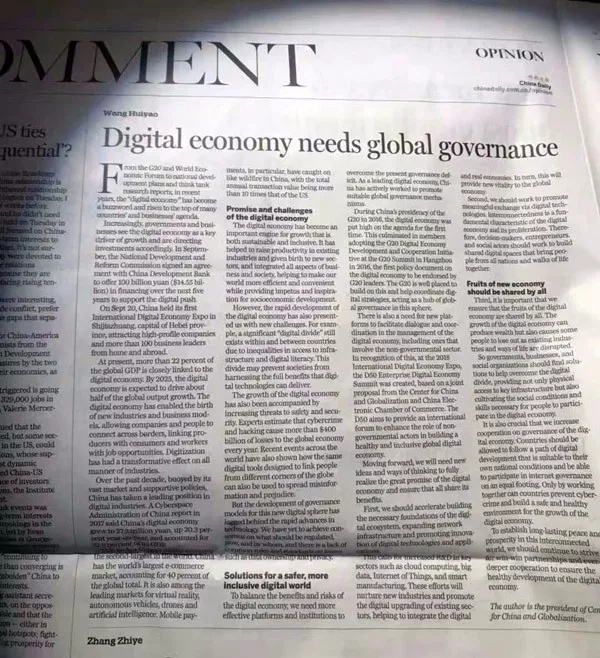
Wang Huiyao: Digital economy needs global governance
From the G20 and World Economic Forum to national development plans and think tank research reports, in recent years, the "digital economy" has become a buzzword and risen to the top of many countries’ and businesses’ agenda.
November 05 , 2018 -
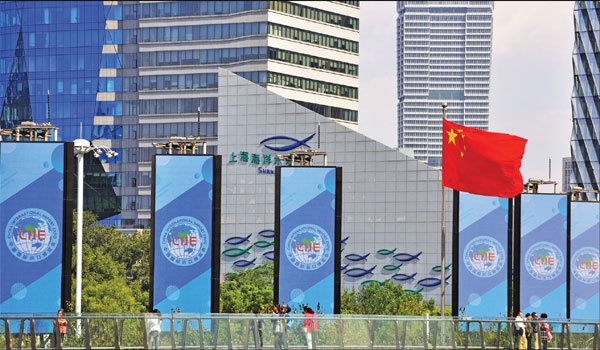
Wang huiyao: Import expo marks new economic era
CIIE affirms China’s embrace of trade as a positive force that can create benefits for workers and consumers in all countries
November 01 , 2018 -
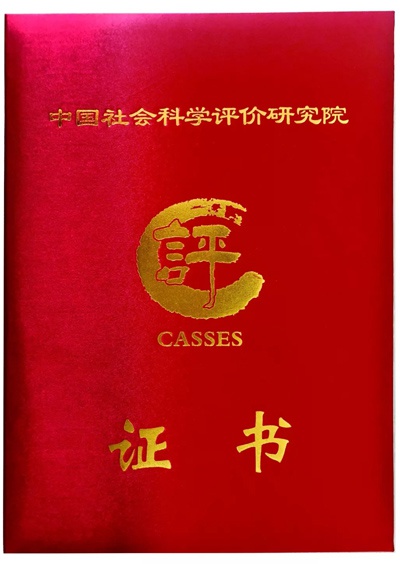
CCG awarded for policy advisory achievement
On Oct. 19, at the first China Think Tank Construction and Evaluation Forum held by the China Academy of Social Sciences in Beijing, the Center for China and Globalization was awarded for its outstanding policy advisory role, as the only independent think tank that won this honor.
October 30 , 2018 -
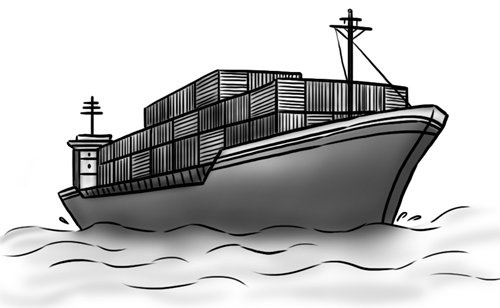
Wang Huiyao: China-India cooperation can be global yardstick
India, as one of the key emerging economies along the route of the Belt and Road initiative (BRI), is a partner that China cannot ignore as it seeks to diversify its international trade. China and India are the world’s two most populated countries, as well as two crucial Asian economies. The cooperation between them is expected to become a yardstick of South-South cooperation.
October 23 , 2018


